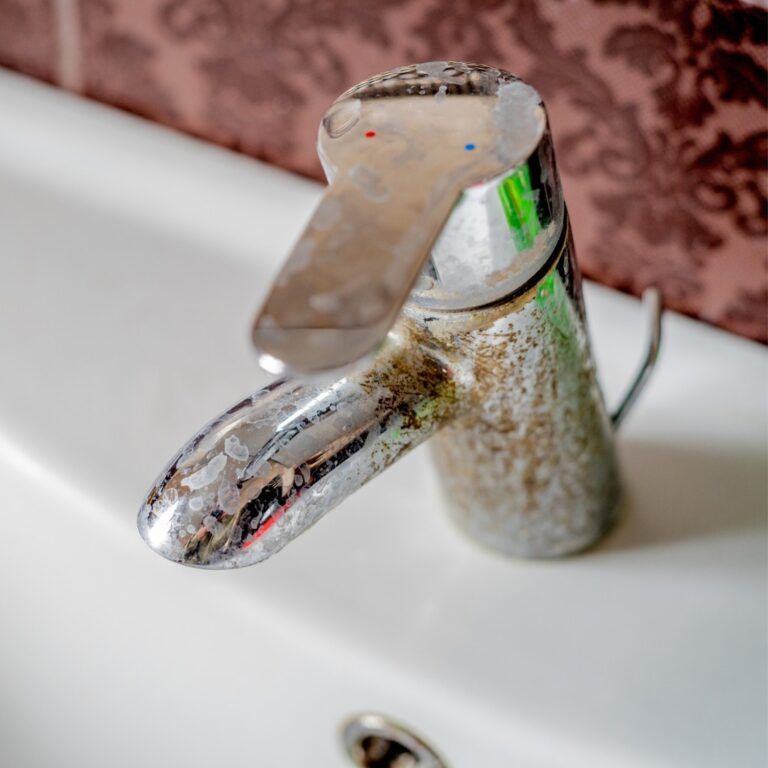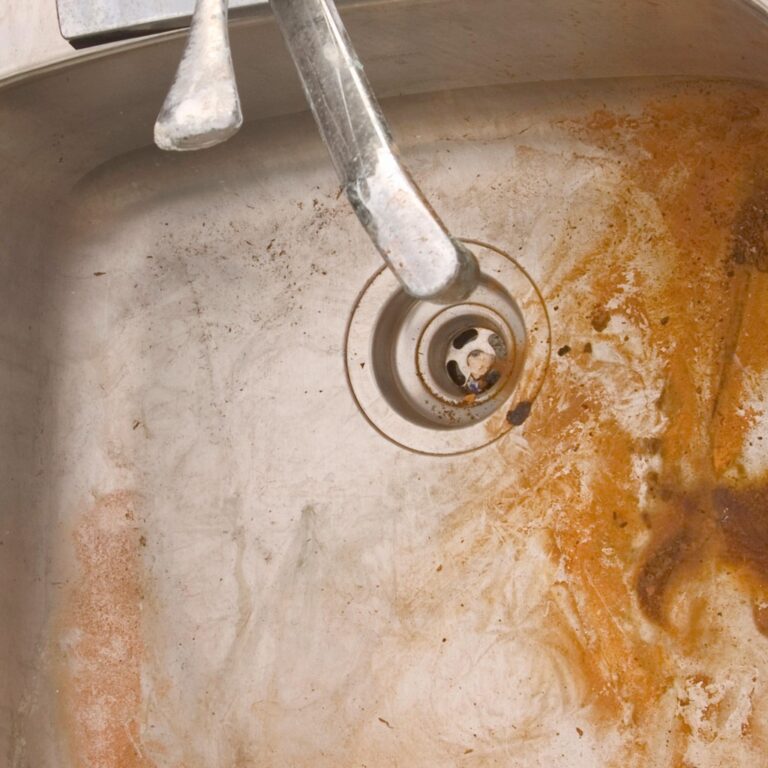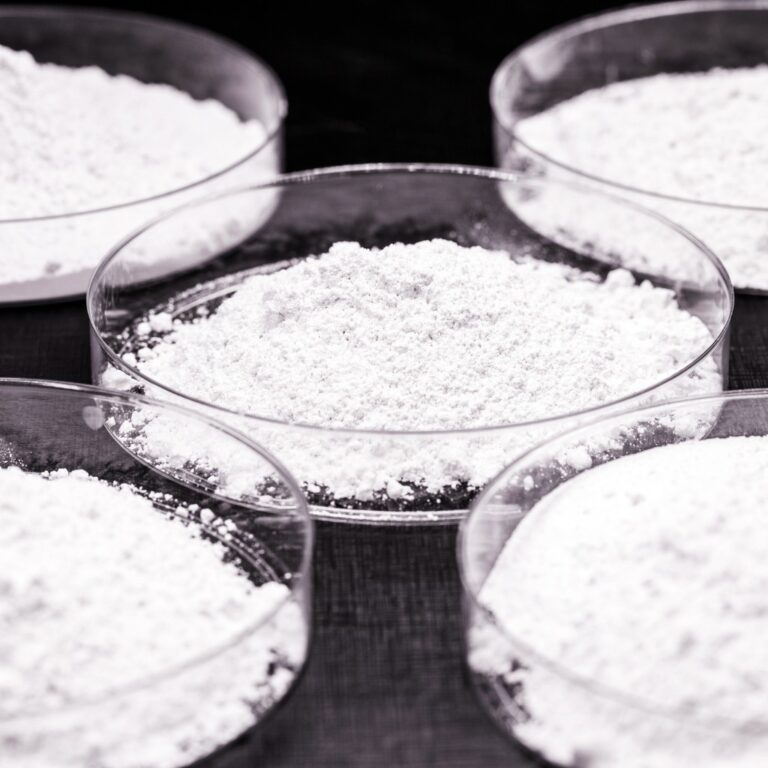Common Water Problems
We offer complete water testing services and the best professional water tests to identify the most common contaminants and elements that effect your water. We have partnered with a National laboratory to help diagnose more extensive water problems as well. Our comprehensive in-home water testing experts are eager to help!

Hard Water
The minerals contained in hard water settle out as a deposit of hardness scale, wherever the water is heated or when cold standing water evaporates. Water hardness creates soap curd, which interferes with the ability of your cleaning products and causes problems such as bathtub ring. Hard water also causes scaling in your water heater and can clog pipes, fixtures and all water using appliances.

Rusty Water
It doesn’t take much time to realize that you have iron in your water supply. Rust and black colored stains on sinks, toilets and showers, metallic taste and stains to laundry are clear signs that you have iron or manganese in your household’s water. Iron and manganese sometimes occur in water together. Water that is clear when drawn but changes to a yellow or rusty color upon standing is known as ferrous or clear water iron. This iron has not yet been exposed to oxygen and therefore has not “rusted” or oxidized. Ferrous iron is totally dissolved in water, and is readily converted to ferric iron (red water iron) in the presence of any air or oxidizing

Bad Odor or Taste in Water
Water supplies contain various elements, some as a result of natural processes and others a case of man adding elements to the water supply. Whether natural or man-made elements are added to your drinking water, the result may be an offensive taste and odor. The “rotten egg” odor, “swimming pool” smell and metallic taste are just some of the descriptions frequently reported by consumers.

Chlorine in Water
Chlorine is added as part of the drinking water treatment process, as a disinfectant to reduce or eliminate microorganisms. Drinking water supplies have been greatly improved by the addition of chlorine. But many people on city water often find that the addition of chlorine in their water supply also produces an objectionable taste and odor that they find offensive. Chlorine can also react with organic matter in water. This chemical reaction forms a group of chemicals known as chlorination by-products. The most common of these by-products are trihalomethanes (THMs).
